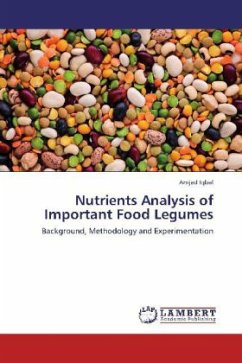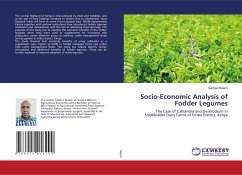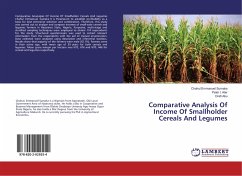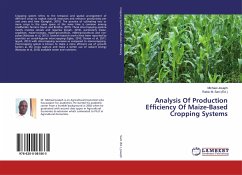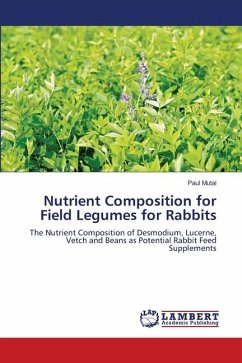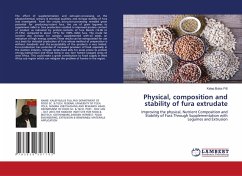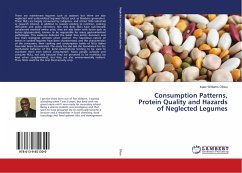Malnutrition is currently wide spread in many areas of the world. The most serious nutritional problem is protein calorie malnutrition (PEM) especially among children in the developing countries. The lower income group of the population is particularly vulnerable, because of its low purchasing power and because the conventional sources of protein like meat and milk etc; are usually costly and thus beyond the purchasing power of this group. Attention, therefore, must be focused on the cheap, but nutritious plant protein sources. In present study proximate, mineral composition, amino acid profile of various legumes were studied in order to assess their role in human nutrition. It was found that legumes contained appreciable amount of protein but was deficient in sulphur containing amino acids (methionine and cystine) and tryptophan. From the results it was concluded that supplementation of legumes may improve the nutritional value of cereal based diet.
Bitte wählen Sie Ihr Anliegen aus.
Rechnungen
Retourenschein anfordern
Bestellstatus
Storno

